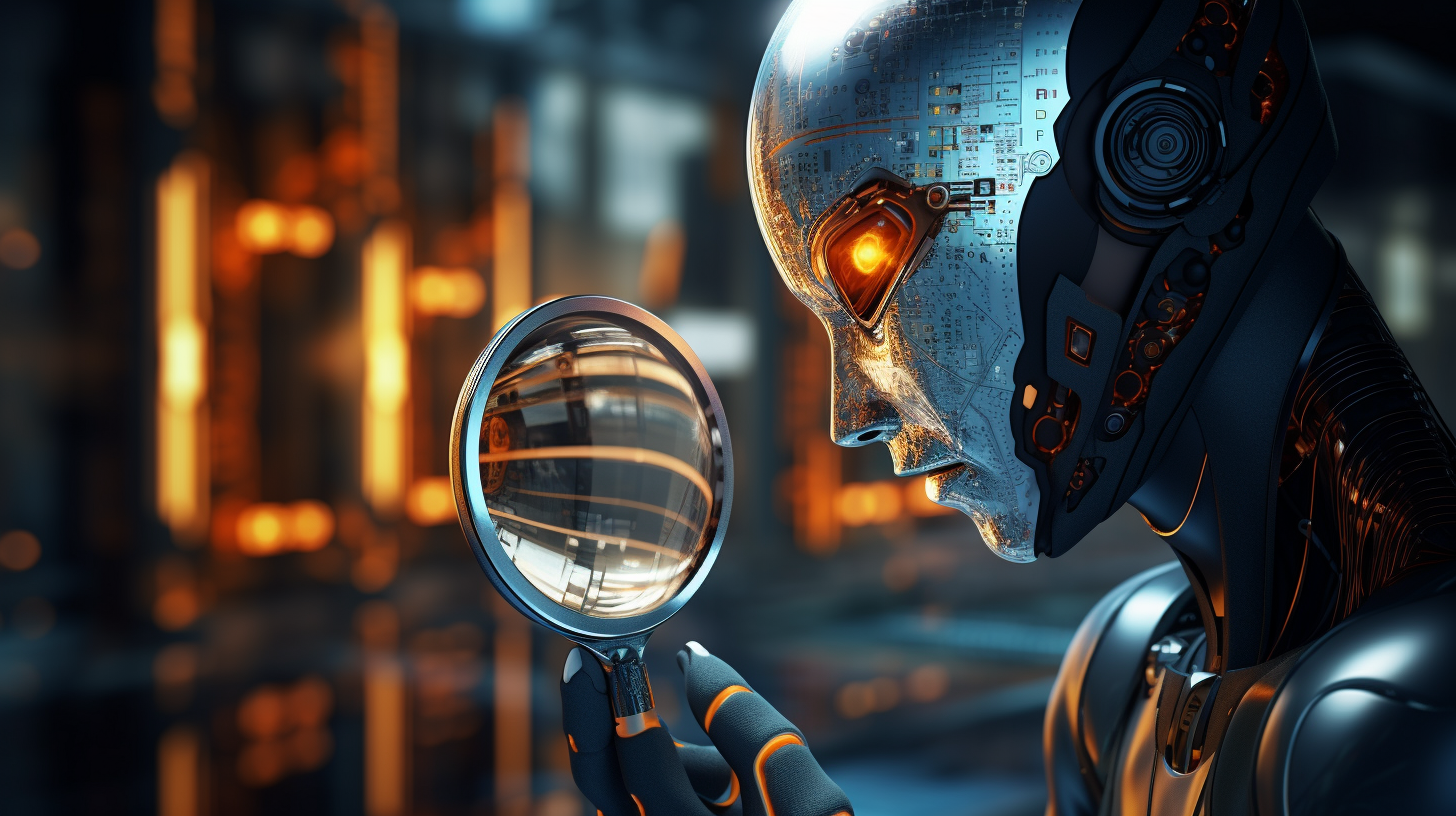
Bias In AI: Origins And Implications
You've heard about AI, but have you considered its biases? It's not just humans who can be prejudiced. When interacting with AI, you deal with systems that may have learned biases from their creators.
This isn't just speculation - it's a real issue with implications for everyone. In this article, we'll help you understand the origins and implications of bias in AI and what's being done to address it.
Understanding the Nature of Artificial Intelligence
It's crucial to grasp the nature of artificial intelligence in order to fully comprehend the origins and implications of bias within it.
Picture AI as a sponge, soaking up information from the environment, then using that data to make decisions.
Now, imagine you're the one who decides what environment that sponge is exposed to. You control the data it absorbs, thus influencing its decisions.
This is how bias creeps into AI systems. If the data you feed into the AI is skewed or biased, it's going to reflect that in its output.
It's like the saying goes, 'garbage in, garbage out.'
Understanding this concept is the first step in recognizing and addressing bias in AI.
The Human Factor in Machine Learning
We've got to consider the role of human input when creating machine learning models. The data that's used to train these models often come from humans. This can introduce bias, as people's personal beliefs and prejudices can inadvertently seep into the data.
This bias, in turn, can affect the outcomes of the AI applications. It's your responsibility as a developer or data scientist to be aware of this, and to take steps to mitigate the effects of bias.
The Consequences of Prejudices in Automated Systems
You've got to understand that any prejudiced information in automated systems can lead to serious consequences. Bias can creep into AI systems, skewing decisions in ways that can be detrimental.
Think about it. If an automated hiring system has data biased against certain minorities, it'll inadvertently exclude potentially qualified candidates. Or consider a biased AI algorithm in healthcare, it might overlook certain symptoms in women simply because the data was fed more male-based information.
The repercussions are real and far-reaching. It's your responsibility, whether you're a data scientist, a tech company, or just a user, to ensure that the systems you're involved with are as bias-free as possible. Because in the end, it's not just about fairness, it's about the quality and accuracy of decisions made by AI.
Mitigating Discrimination in Algorithmic Decisions
To mitigate discrimination in algorithmic decisions, you'll need to scrutinize the data used for training these systems thoroughly. You're the gatekeeper. The buck stops with you.
Inspect the data for biases and address them before they poison the outcome. Implement regular audits to ensure fairness and transparency. Engage a diverse team to benefit from different perspectives and challenge inherent prejudices.
Adopt a proactive approach. Don't wait for discriminatory patterns to emerge; anticipate them. Educate yourself about the sources of bias and how they infiltrate AI systems. Don't just rely on technology to do the job. You must be vigilant and committed.
Mitigating bias in AI isn't just about ticking a box, it's about protecting the integrity of the decisions these systems make.
The Future of Fairness in Technology
Looking ahead, it's clear that fairness in technology will need to become a priority in the development, implementation, and use of future innovations. You'll need to be mindful of how data is collected, processed, and applied.
It's not just about reducing bias in AI, but rather creating an inclusive digital landscape. You'll play a role in making sure technology doesn't perpetuate social injustices but instead, promotes equality.
You'll need to advocate for transparency and accountability in all tech systems. Not only will this make technology fairer, but it'll also increase trust amongst users.
It's a responsibility you can't ignore. The future of tech is in your hands, so make fairness a cornerstone of your work.
Conclusion
You've seen how bias in AI can have serious implications, from reinforcing stereotypes to skewing decisions.
But remember, you can play a critical role in combating these prejudices. By understanding the origins and impacts of bias, and taking steps to minimize discrimination in algorithms, you're ensuring a more equitable future in technology.
It's a challenging task, but with vigilance and commitment, you can make a difference.